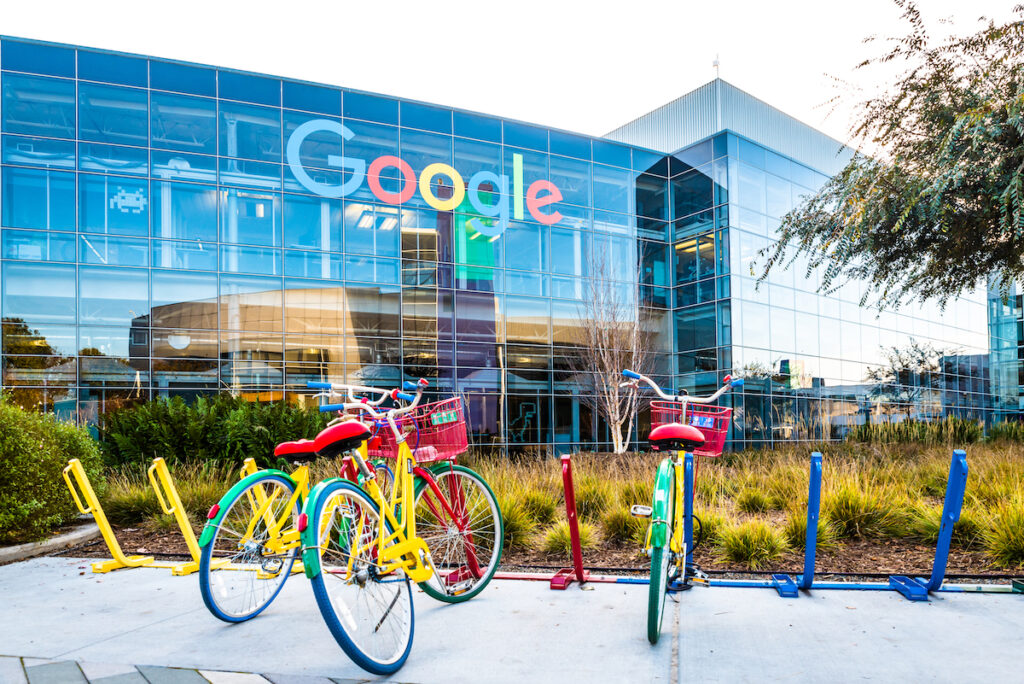The Federal Reserve’s high interest rate policy may backfire.
History will not judge the Powell Federal Reserve well should the economy now succumb to a recession. Posterity will not only ask why it allowed the inflation genie out of the bottle by delaying interest rate hikes in 2021 but also why it seemed to learn nothing from that experience and allowed the economy to fall into recession despite hewing to a backward-looking monetary policy.
The Federal Reserve is no stranger to doing too little too late when it comes to monetary policy. This makes it all the more regrettable that today, the Fed once again seems to be repeating the same mistake.
At last week’s interest rate-setting meeting, the Fed again chose to maintain interest rates at 5.25% and continue its policy of reducing the size of its balance sheet through bond sales. It chose to do so despite all the evidence that the economy is slowing, inflation is falling and downside risks to the economic recovery are now building.
This heightens the chances that by the time the Fed starts cutting interest rates, it will have waited too long to avoid an economic recession. What should the Fed do?
We talk about that in this week’s commentary from American Enterprise Institute Senior Fellow Desmond Lachman. We also have the latest news and analysis from the last week, including:
- Kemp reaffirms his support for tort reform
- Issue of eminent domain reemerges in Georgia nearly two decades after state law
- Taxpayers loan South Korean company $1.45 billion to build a solar plant in Georgia
- Polls show inflation and economy remain top issue for Georgians
Have a great weekend,
– Kyle Wingfield
Friday’s Freshest

Previously unknown parts of Georgia’s eminent domain law surprise, displease landowners
Almost 20 years ago, an unpopular U.S. Supreme Court ruling forced property owners throughout Georgia to worry they could lose their property rights to eminent domain until a 2006 law put their minds at ease. But there were a few things in that Georgia law they didn’t know about. Consequently, they may have reason to brood yet again. As it turns out, Georgia law doesn’t shield landowners from eminent domain, at least not to the extent they thought it did.
We’re in the middle of an election season, and I hear lots of worry about what will happen when it ends. Only one person can win each race. And yes, the issues at stake are important, and the viewpoints on them are often far apart. I’m not telling you we agree more than we realize. I’m telling you we’d get along better if we disagreed better.
What do we mean when we talk about tech?
Recently, Georgia has become a top destination for the tech industry. While not quite at the level of Silicon Valley, Atlanta can be frequently found near the top of lists ranking cities for categories like tech innovation, talent pools, educational pipelines and successful startups. But what should the reaction from the government look like?
Back to school looks different these days
Children across Georgia either already have or will soon be returning to school. Recently, however, “back to school” has begun to look a little different for a growing number of students. That is because the delivery of education across the country is evolving to meet changing needs. And Georgia lawmakers have already begun to respond to this change.
Supreme Court returns checks and balances to governing
For four decades, the judiciary has ceded the important power of reviewing executive agencies’ rules and regulations to the agencies themselves. Reasserting the court’s preeminence in interpreting the law is a key step toward more constitutional balance with the executive branch, which is merely meant to carry out laws.
The Latest
Economy
Georgia Ports expanding inland connectivity
The Georgia Ports Authority is expanding its rail cargo capacity to move containers across the state and into the Midwest with greater speed and efficiency, according to GPA General Manager of Inland Operations Wesley Barrell. Barrell made this announcement at the inaugural Greater Hall Chamber of Commerce Logistics Forum.
US government will loan $1.45 billion to help a South Korean firm build a solar plant in Georgia
The federal government is making its first loan to a crystalline silicon solar plant, loaning $1.45 billion to support a South Korean company’s bid to build up key parts of the solar supply chain inside the United States. The loan from the U.S. Energy Department will be key to funding a $2.2 billion complex that Qcells, a unit of South Korea’s Hanwha Group, is building.
Education
State lawmakers mulling switch of university system to quarters
Georgia lawmakers are having second thoughts about switching the University System of Georgia from a quarter to a semester system back in 1999. A state House study committee will begin meeting soon to take a fresh look at whether both the university system and the Technical College System of Georgia should switch back to quarters.
Course previously unapproved will be added to Georgia catalog
Georgia School Superintendent Richard Woods said an Advanced Placement African American Studies course will be added to the state-funded course catalog effective immediately. The announcement reverses previous statements in which the state’s top school official said he would not approve an AP African American Studies class.
Government accountability
Gov. Brian Kemp Wednesday pledged to continue pushing major tort reform legislation when the General Assembly convenes in January for the 2025 legislative session. Kemp made his announcement at the annual Congressional Luncheon in Athens sponsored by the Georgia Chamber of Commerce. The Foundation has previously written how the state has earned the dubious distinction of being a “judicial hellhole.”
Attorney General’s plan to fight the opioid crisis
The number of opioid related overdose deaths increased by more than 308% in Georgia from 2019 to 2022, according to Department of Public Health records. That statistic is largely attributed to the introduction of fentanyl, Attorney General Chris Carr said. But an old world approach of locking up those suffering from addiction isn’t going to stop the problem, Carr added. Treatment and recovery services are tools that must be used to address the issue.
Transportation
Despite continued losses, Rivian’s Q2 could redefine EV maker’s future
At first glance of its balance sheet, electric vehicle startup Rivian’s second quarter looks pretty ho-hum. The California-based automaker, which indefinitely paused plans to build a $5 billion factory in Georgia, continued trends from the past few quarters. The company is still modifying its manufacturing capabilities to trim production costs while slowly curbing its quarterly losses, albeit very slowly.
Southwest Georgia Regional Airport awarded Airport Improvement Grant
The U.S. Department of Transportation has awarded the Southwest Georgia Regional Airport in Albany a $270,000 Airport Improvement Grant. The grant will fund the first phase of a project to design and rehabilitate 200 feet and 500 feet of two separate runways as well as additional paved operating spaces for airplanes using the airport.
Bonus

Federal court rules that Google illegally maintained a monopoly
A decision is here in the massive, multi-government case against Google. In an August 5 ruling, the U.S. District Court for the District of Columbia held that Google violated federal antitrust law. The case stems from lawsuits filed by both the U.S. Department of Justice and several U.S. states. In the suits—now consolidated—they argued that Google held a monopoly on internet searches and search advertising and had engaged in “exclusionary conduct” to maintain this monopoly, in violation of Section 2 of the Sherman Antitrust Act of 1890.
Georgia voters most concerned about the inflation and the economy
Going into the 2024 election, Georgia voters are most concerned about many of the same issues as voters around the nation: inflation and the economy. When asked “what issue will have the biggest influence on your vote for president in November,” 26.3% of all respondents said inflation/cost of living.
The Olympic games are always political for China
China has long invested heavily to push its athletes to triumph against the West, as a way of highlighting the merits of the Communist Party. These Olympic Games are no different, but for one key aspect: Citizens are openly questioning why Beijing is spending so much money on a sporting event when many at home are facing bleak economic prospects.
Quotes of Note
“Using the event to trumpet the benefits of Communist Party rule is a narrative that dates back to the 1950s, when under Mao Zedong elite athletes were trained for Olympic glory as an international projection of soft power.” – Karishma Vaswani
“Go confidently in the direction of your dreams. Live the life you have imagined.” – Henry David Thoreau
“Federal regulatory burdens cost the average household more than $15,000 per year – more than food, clothing, education, or any other household expense except for housing. In total, regulation imposed a $2.1 trillion total cost, rivaling the $2.3 trillion income tax cost.” – Clyde Wayne Crews